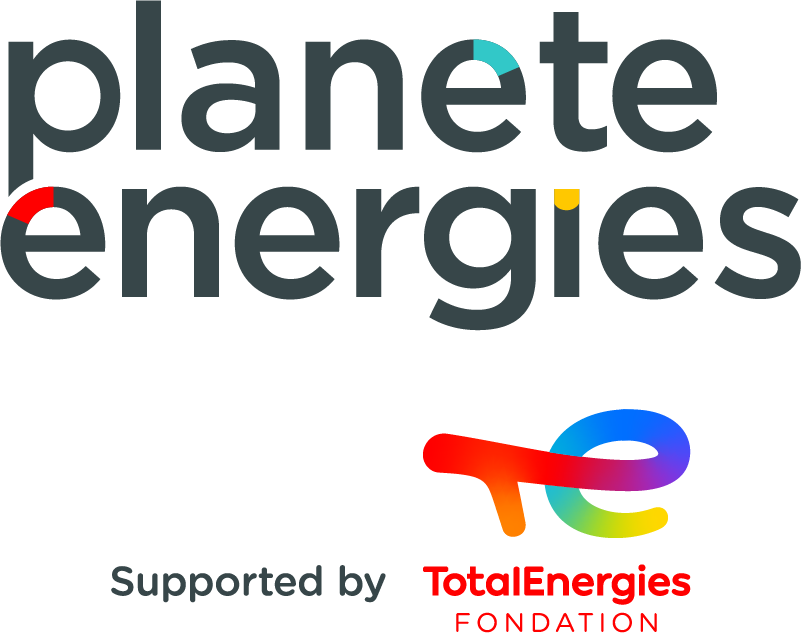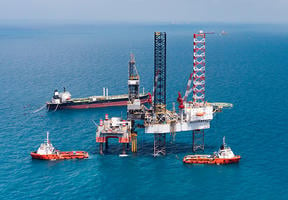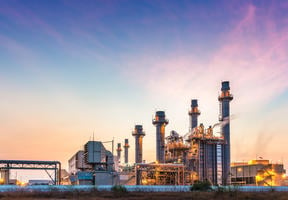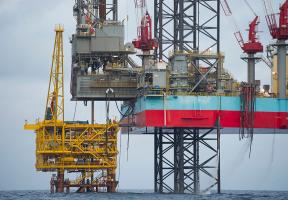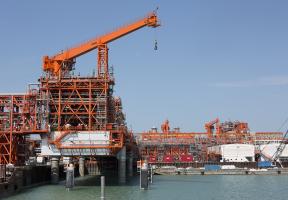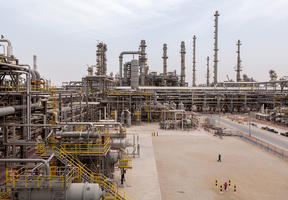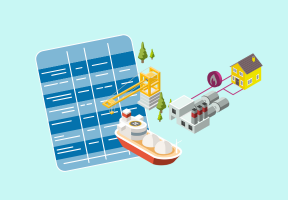Africas's Energy Challenges
15 min read
Two out of three Africans have no access to modern, reliable energy sources. Their needs are therefore immense, especially as the continent's population is set to double by 2050. There are many obstacles to making the most of Africa's enormous energy potential. But other signals are green: following the success of the Paris climate summit in December 2015, the time has come to support the development of low-carbon energies. Africa could thus move straight into a new energy era without having to go through the various stages that developed countries have gone through to get there. In this respect, decentralized use of solar energy could be a real revolution.

© Thinkstock - Energy will fuel Africa's development.
Two out of three Africans do not have access to modern, reliable energy sources. The continent's energy needs are therefore considerable, especially given the fact that the population is expected to double by 2050. Many obstacles are preventing Africa from effectively leveraging the potential of its extensive fossil and resources, a situation that may have been made worse by declining global raw material prices, slower global growth and, in some countries, local governance issues. In other respects, however, the current environment is favorable. The successful conclusion of the Paris Climate Summit in December 2015 has created wide support to develop low-carbon energy sources. As a result, Africa may be able to transition directly to a sustainable energy future, thus bypassing the traditional path followed by the industrialized world. The use of decentralized solar systems could bring about a genuine energy revolution.
Explore

Is Africa the Continent of the Future?
Experts unanimously agree that after years of fairly slow development Africa is now undergoing rapid growth. The pundits, however, are divided into two categories: the Afro-optimists, who believe that Africa is set to become the continent of the future, and the Afro-pessimists, who believe that poverty-related tensions will only get worse. But thanks to Africa's bright energy prospects, particularly in the field of solar electrification, the scales could tip in favor of the optimists. A few key issues are described below.

A Rich and Varied Energy Potential
Africa's energy needs are expected to increase at a fast past, driven by economic growth of around 5%, a population that is rising faster than the rest of the world and rampant urbanization. A combination of poverty, certain governance-related issues and the risk of above average global warming are impeding the development of Africa's energy resources, which are considerable. Africa has been extracting and producing oil for decades. Its natural gas reserves have begun to be developed. Its hydroelectric resources are underutilized, and its solar, wind and geothermal potential is tremendous.

Electrification: Hopes for a Solar Revolution
Sub-Saharan Africa uses less electricity than Spain. A tea kettle boiled twice a day by a family in Britain uses five times as much electricity as a Malian consumes in one year. And it would take a Tanzanian eight years to use as much electricity as an American consumes in one month. The electrification of Africa has become a matter of urgency.
